Calibrate Mercedes Impact Sensors Using STAR System
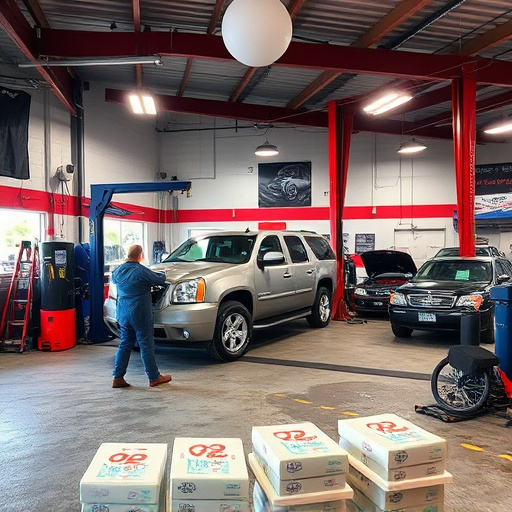
Mercedes impact sensor calibration using the STAR system is a critical process that enhances vehicle…….
In the rapidly evolving automotive industry, safety remains a paramount concern, driving the continuous development of advanced driver assistance systems (ADAS). One critical component of these systems is the impact sensor, which plays a pivotal role in detecting and responding to collisions. This article delves into the intricate world of Mercedes impact sensor calibration, exploring its significance, historical evolution, global impact, technological innovations, regulatory frameworks, and future potential. By understanding this process, we can appreciate how it contributes to enhancing vehicle safety and shaping the future of transportation.
Definition: Mercedes impact sensor calibration refers to the meticulous process of adjusting and fine-tuning the sensors within a Mercedes-Benz vehicle to ensure accurate collision detection and data interpretation. These sensors, strategically placed throughout the vehicle, are designed to identify sudden impacts, severe cornering, or rapid deceleration, enabling the activation of appropriate safety measures.
Core Components:
Historical Context:
The concept of impact sensor calibration has evolved alongside advancements in vehicle safety technologies. Initially, basic impact detection systems relied on mechanical switches triggered by physical forces. However, modern electronic sensors, coupled with sophisticated algorithms, have revolutionized crash detection, allowing for quicker and more precise responses. Mercedes-Benz, renowned for its luxury and innovation, has been at the forefront of this evolution, continuously refining its impact sensor calibration to meet evolving safety standards and customer expectations.
Significance:
Accurate impact sensor calibration is vital for several reasons:
Mercedes impact sensor calibration has a profound global impact, influencing vehicle safety standards and fostering innovation across diverse markets.
International Influence:
Key Trends Shaping the Trajectory:
The economic landscape surrounding Mercedes impact sensor calibration is dynamic and multifaceted, influenced by market demands, investment trends, and regulatory pressures.
Market Dynamics:
Investment Patterns:
Role in Economic Systems:
Mercedes impact sensor calibration has witnessed significant technological breakthroughs that have reshaped the safety landscape.
Advanced Sensor Technologies:
Sensor Fusion Algorithms:
Machine Learning Applications:
Future Potential:
Emerging technologies like Quantum Sensors promise unprecedented accuracy and sensitivity, potentially revolutionizing impact detection in the future. Additionally, advancements in edge computing enable real-time data processing within vehicles, further enhancing safety responsiveness.
The development of Mercedes impact sensor calibration is closely intertwined with global efforts to enhance vehicle safety through regulatory frameworks.
Key Policies and Regulations:
Influence on Development:
Despite its many advantages, Mercedes impact sensor calibration faces several challenges and criticisms that require addressing to ensure continued progress and public trust.
Main Challenges:
Proposed Solutions:
Real-world applications of Mercedes impact sensor calibration provide valuable insights into its effectiveness and potential.
Case Study 1: Mercedes-Benz Active Brake Assist (ABA)
Mercedes ABA is a pre-collision assistance system that combines radar, camera, and lidar sensors with advanced algorithms to detect potential collisions. In a real-world scenario, a driver approaching a stopped vehicle at low speed received a warning and automatic braking intervention from ABA. The system’s accurate sensor fusion allowed for precise detection of the hazard, avoiding a collision and potentially saving lives.
Case Study 2: Smart City Braking (SCB) in Urban Environments
SCB is designed for dense urban traffic conditions. Using camera and radar sensors, it can anticipate collisions even in challenging city driving. A case study in Berlin, Germany, demonstrated SCB’s effectiveness in reducing rear-end collisions by 40% during a one-year trial period. The system’s ability to learn and adapt to local driving patterns highlighted the potential of advanced sensor calibration in dynamic urban environments.
Case Study 3: Mercedes Drive Pilot in Highway Driving
Drive Pilot, an advanced driver assistance system, utilizes multiple sensors for lane keeping, adaptive cruising control, and automatic steering. In a study on the Autobahn (German highway), Drive Pilot demonstrated exceptional performance in maintaining vehicle position within the lane, adapting to traffic flow, and providing a smooth driving experience. The system’s reliance on precise sensor calibration contributed significantly to its success.
The future of Mercedes impact sensor calibration is filled with promising possibilities, driven by technological advancements, evolving safety standards, and shifting consumer expectations.
Potential Growth Areas:
Emerging Trends:
Strategic Considerations:
Mercedes impact sensor calibration is a testament to the relentless pursuit of safety in the automotive industry. From its origins as a basic mechanical switch to the advanced fusion of sensors and AI today, this technology has evolved exponentially. It plays a pivotal role in ensuring the safety of millions of vehicles on global roads, shaping future transportation systems, and contributing to a more secure world. As we look ahead, continued investment in research, global collaboration, and a customer-centric approach will be essential for unlocking the full potential of impact sensor calibration and its role in enhancing road safety.
How do Mercedes impact sensors work?
Mercedes impact sensors use a combination of accelerometers, gyroscopes, and pressure sensors to detect rapid changes in vehicle motion or cabin pressure, indicating a collision or severe driving maneuver. These signals are then processed by advanced algorithms to trigger appropriate safety responses.
What is the main purpose of impact sensor calibration?
Impact sensor calibration ensures that these sensors provide accurate data for collision detection and interpretation. Proper calibration enhances the responsiveness and reliability of ADAS, ultimately saving lives and reducing injuries on the road.
Can poor sensor calibration lead to false alarms?
Yes, incorrect calibration can result in both false positives (unnecessary deployment of airbags) and false negatives (failure to deploy when a collision is imminent). Regular calibration checks and updates are essential to maintain optimal performance.
How does sensor fusion improve impact detection?
Sensor fusion combines data from multiple sensors (e.g., accelerometer, gyroscope, camera) to create a more comprehensive picture of the vehicle’s state. This multi-dimensional approach enhances collision detection accuracy by cross-validating sensor signals and reducing false alarms.
What are some future trends in impact sensor calibration?
Future trends include increased integration of 5G technology for real-time data processing, adaptive calibration to account for changing environmental conditions, and the development of self-calibrating sensors that communicate directly with one another.

Mercedes impact sensor calibration using the STAR system is a critical process that enhances vehicle…….

Mercedes impact sensor calibration is essential for optimizing vehicle safety systems, ensuring accu…….
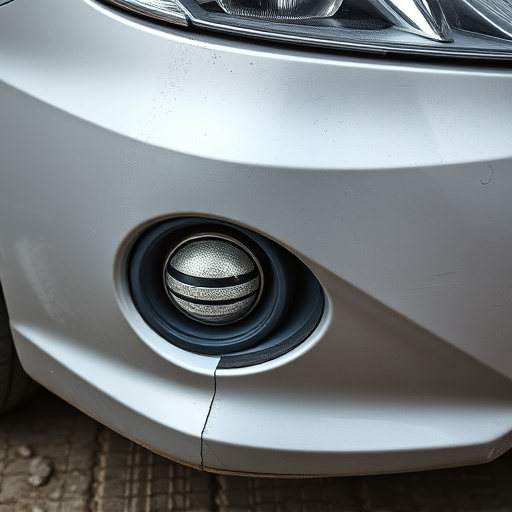
Mercedes impact sensor calibration is vital for vehicle safety, ensuring sensors accurately detect a…….
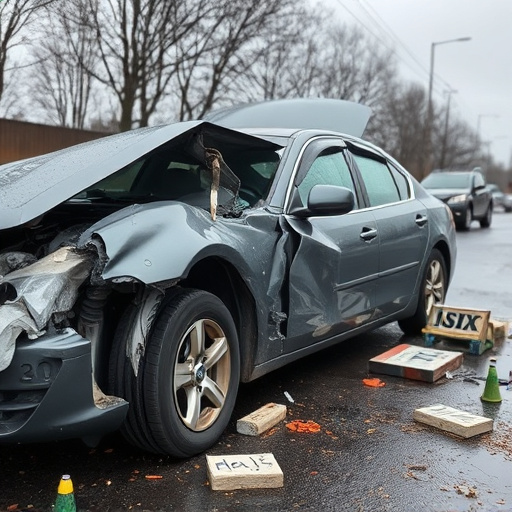
Mercedes impact sensor calibration is a precise process that optimizes safety systems by accounting…….
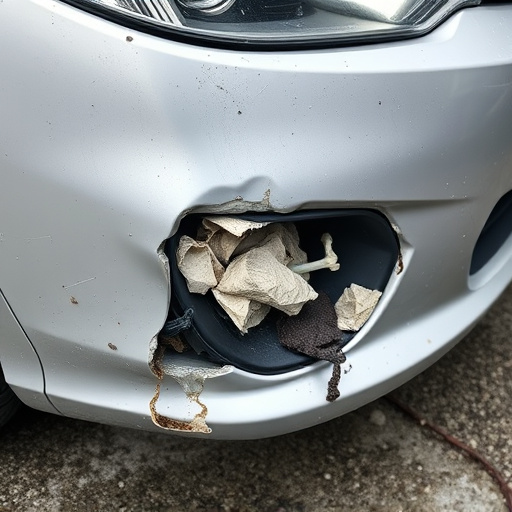
Mercedes impact sensor calibration by certified technicians is vital for optimal collision response…….
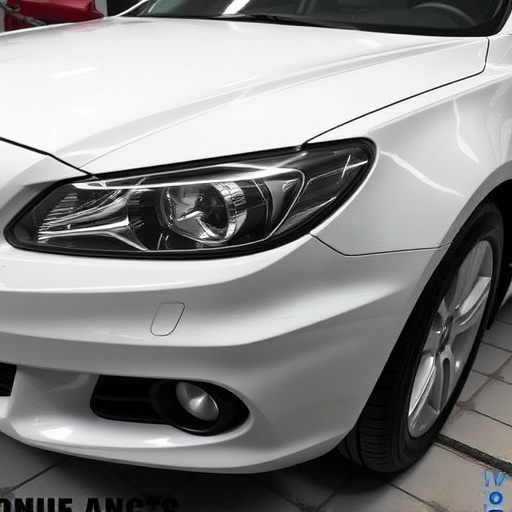
Mercedes impact sensor calibration using the Factory STAR System enhances collision response accurac…….
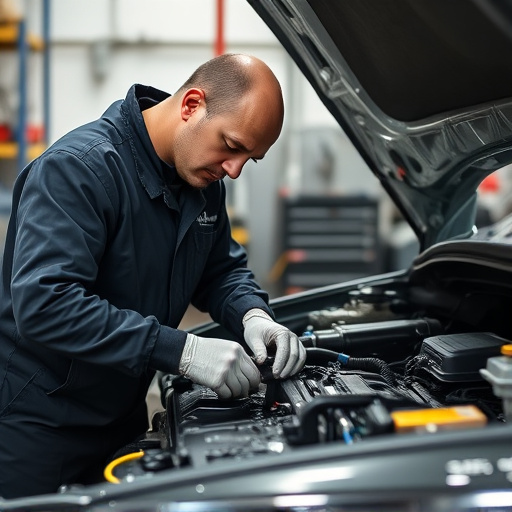
Mercedes impact sensor calibration is vital for ADAS and active safety systems, preventing false tri…….
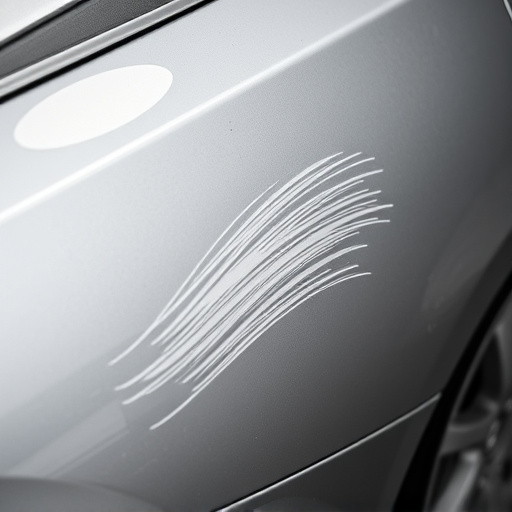
Mercedes impact sensor calibration is vital for vehicle safety and repair efficiency. Regular calibr…….
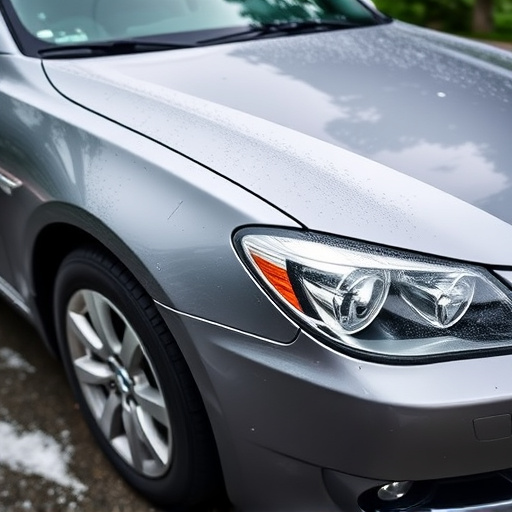
Mercedes impact sensor calibration is vital for peak airbag performance during collisions. Regular c…….
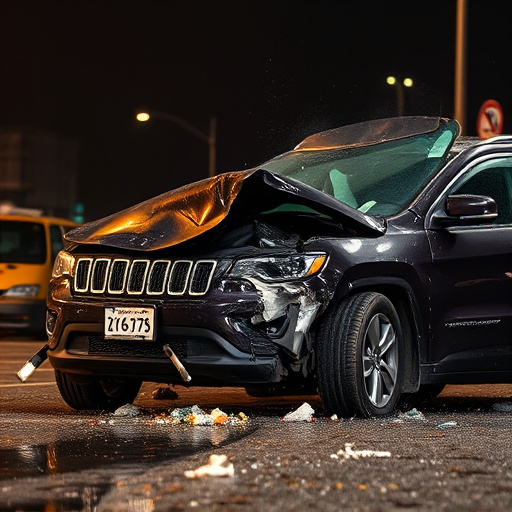
Mercedes impact sensors are critical for passenger protection, detecting even slight deformations du…….